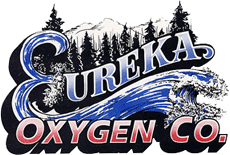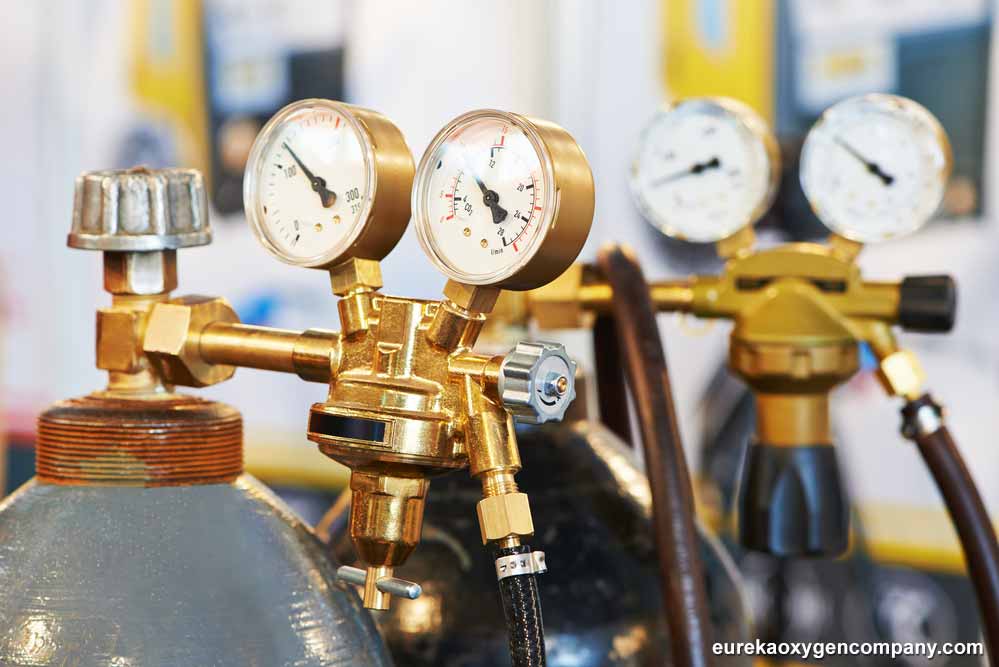Gas Cylinder Safety
Gas cylinders require special attention during winter. Store them upright and secure them to prevent tipping. Keep them away from extreme cold and physical damage, ensuring they are not exposed to direct sunlight or extreme temperature fluctuations. Remember, safety first! Also, inspect cylinders for frost build-up, which can indicate leaks or insulation issues.
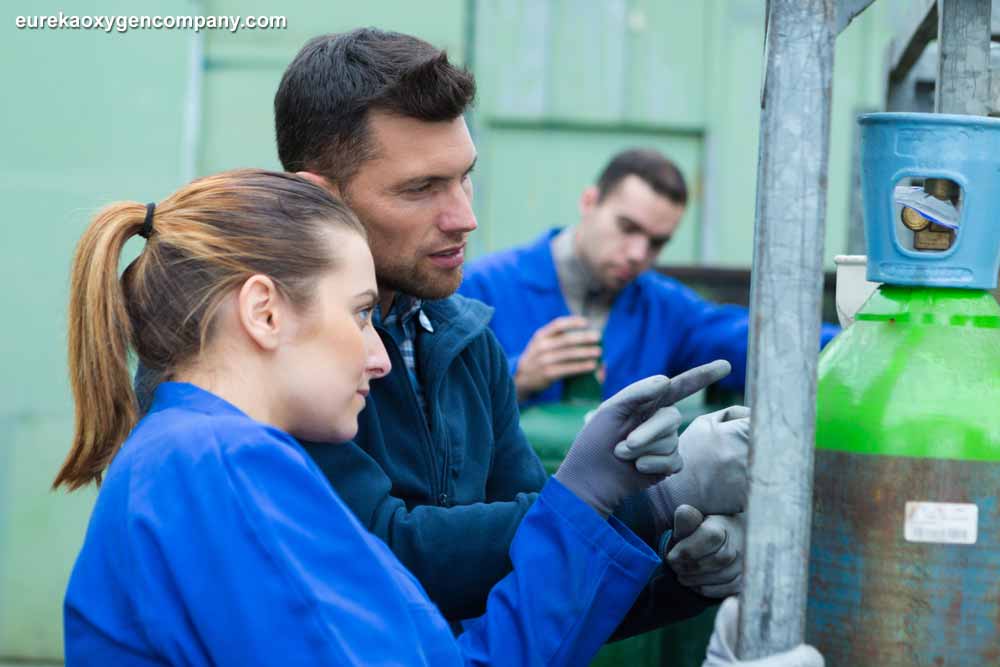
Efficient Gas Handling in Winter
Handling gases in winter requires a bit more patience and care. Allow extra time for equipment to warm up and operate efficiently. Check hoses and connections regularly for signs of wear or damage, as these can be exacerbated by cold weather. Be aware that some equipment may need winter-specific lubricants or maintenance.
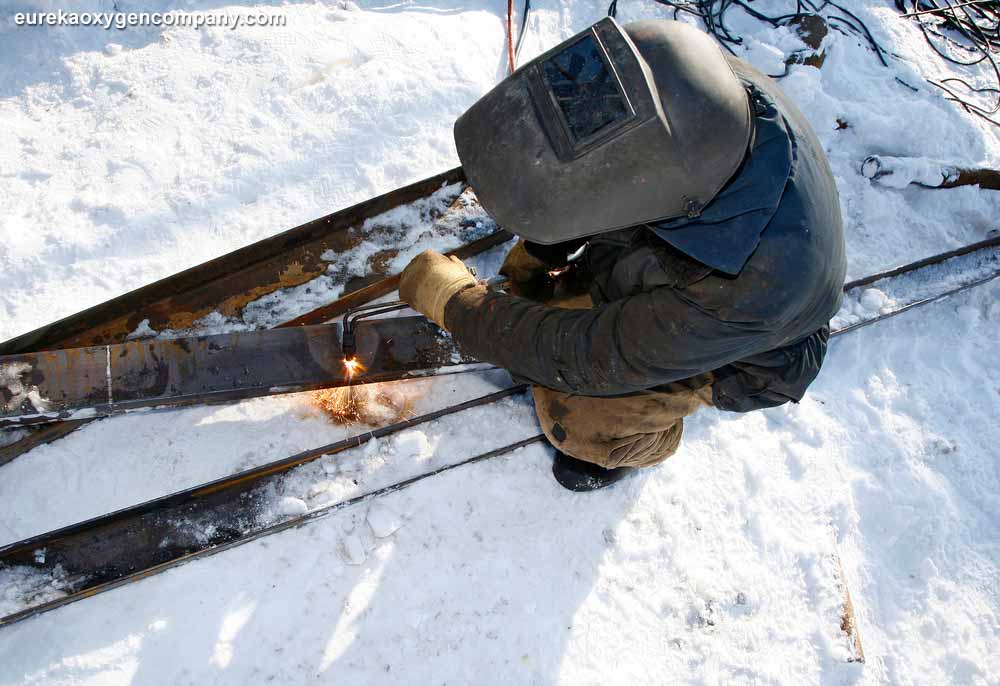
Navigating Cold Weather Hazards
Be aware of the physical effects of cold weather on materials and equipment. Metals may become more brittle, and seals and hoses may lose flexibility. Regular inspections are key to early detection of potential problems. Schedule more frequent inspections during cold spells, as rapid temperature drops can cause unexpected issues.
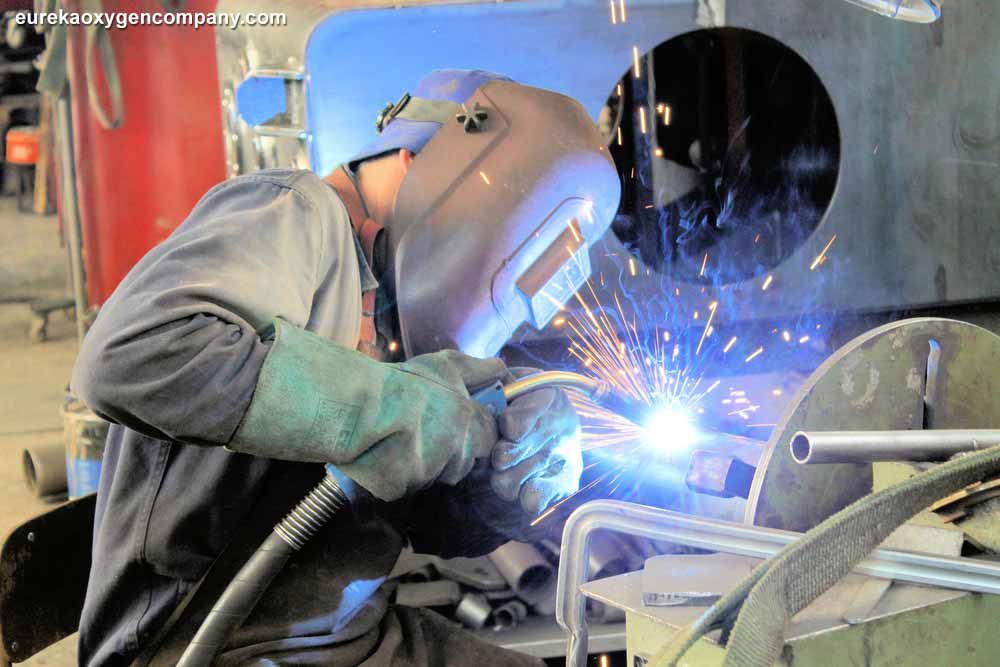
Different gases react differently to cold temperatures. For example, liquefied gases may require specific handling procedures to ensure they vaporize correctly. It’s similar to managing different ingredients in cooking – each requires a unique approach for optimal results. Know the properties of the gases you’re dealing with. Be especially cautious with gases that have a high condensation point, as these can solidify in pipelines and valves.
Training and Awareness
Ensure all team members are trained in winter-specific gas handling procedures. Knowledge is your best defense against winter-related incidents. Include scenario-based training to prepare for potential winter emergencies, much like conducting fire drills to ensure everyone knows how to react in a real emergency. Have a well-defined emergency response plan that considers winter conditions. Quick and efficient response can mitigate the impact of any incident. Ensure that emergency kits include items for cold weather survival, such as thermal blankets and heat packs.
At Eureka Oxygen, your safety is our top priority. We understand the complexities of handling industrial gases, especially during challenging winter months. We are always here to provide advice, support, and the right equipment for your needs. Remember, proper preparation and adherence to safety protocols can make all the difference. Stay safe and warm this winter, and as always, feel free to reach out to us with any questions or concerns. Stop by or call us, and let’s tackle winter together, safely and efficiently!
